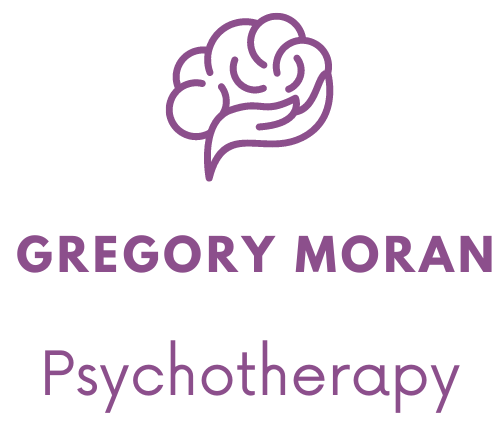Anxiety therapy in Clare
“it is well to remind ourselves that anxiety signifies a conflict, and so long as a conflict is going on, a constructive solution is possible.” Roll May
What is Anxiety?
Having anxiety can feel like a constant sense of worry or fear, even when there’s no immediate threat. It’s like having an overwhelming feeling of nervousness or unease that can be difficult to shake off. Physically, it might manifest as racing thoughts, a pounding heart, sweating, or tense muscles. It can interfere with daily activities and make it challenging to relax or concentrate. Overall, it’s a persistent and distressing feeling of apprehension or dread.
How can therapy help with anxiety?
Therapy can be highly effective in treating anxiety because it provides individuals with the tools and strategies they need to manage and overcome their symptoms. Here are several ways in which therapy can help:
1. Understanding the root causes: Therapy helps individuals explore the underlying factors contributing to their anxiety. This could include past traumas, negative thought patterns, or current stressors. By understanding the root causes, individuals can begin to address and resolve these issues.
2. Learning coping skills: Therapists teach practical coping skills to help individuals manage their anxiety symptoms. These may include relaxation techniques, mindfulness practices, breathing exercises, and cognitive restructuring (changing negative thought patterns).
3. Behavioural techniques: Therapists often use behavioural techniques such as cognitive-behavioural therapy (CBT) to help individuals change their behaviours and responses to anxiety-provoking situations.
5. Building resilience: Therapy helps individuals build resilience by fostering a greater sense of self-awareness, self-confidence, and self-efficacy. Through therapy, individuals learn to challenge negative beliefs about themselves and develop more adaptive ways of thinking and responding to stressors.
6. Support and validation: Simply having a supportive and non-judgmental space to talk about their experiences can be incredibly beneficial for individuals with anxiety. Therapists provide validation and encouragement, which can help individuals feel understood and less alone in their struggles.
What is the most common therapeutic approach for treating anxiety?
The most common approach for treating anxiety is Cognitive Behavioural Therapy (CBT), which focuses on identifying and challenging negative thought patterns and behaviours associated with anxiety, while teaching practical skills to cope with anxious thoughts and feelings.
What to expect from a CBT session for anxiety
Assessment
Identify specific anxiety symptoms and triggers.
Goal-setting
Establish measurable goals for reducing anxiety.
Cognitive restructuring
Challenge and replace irrational thoughts.
Behavioural techniques
Gradual exposure to feared situations.
Skill-building
Learn coping strategies like relaxation and problem-solving.
Homework
Practice techniques between sessions
Evaluation
Monitor progress and adjust treatment as needed.
Mindfulness for Anxiety
Mindfulness therapy can also help with anxiety by teaching individuals to cultivate present-moment awareness and non-judgmental acceptance of their thoughts, emotions, and bodily sensations.
Through mindfulness practices such as meditation, deep breathing, and body scans, individuals learn to observe their anxious thoughts and sensations without getting caught up in them or reacting impulsively. This helps to reduce the intensity and frequency of anxiety symptoms, promote relaxation, and increase resilience to stressors.
By practicing mindfulness regularly, individuals can develop greater control over their anxiety and cultivate a sense of calm and balance in their lives.

